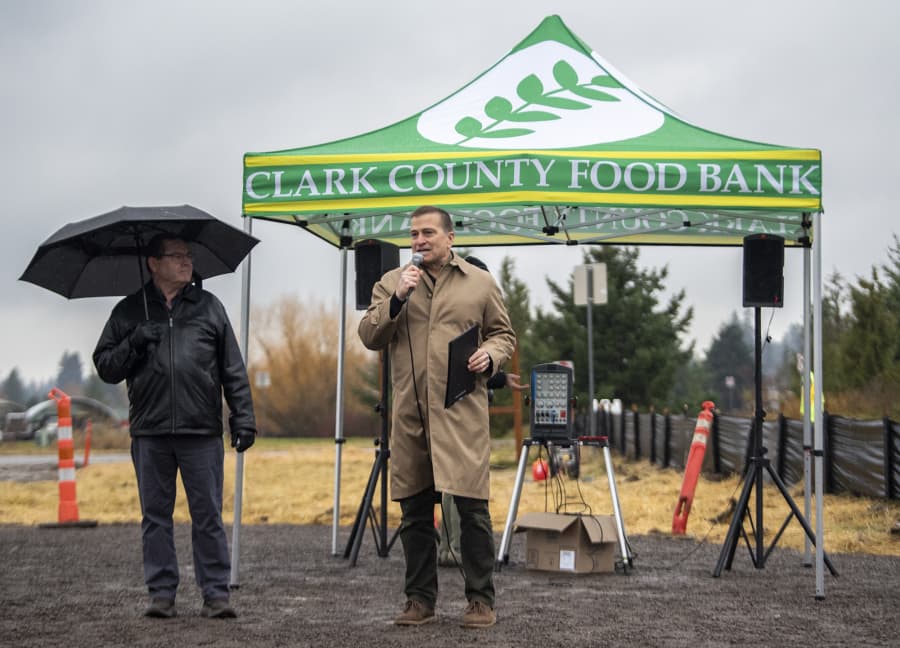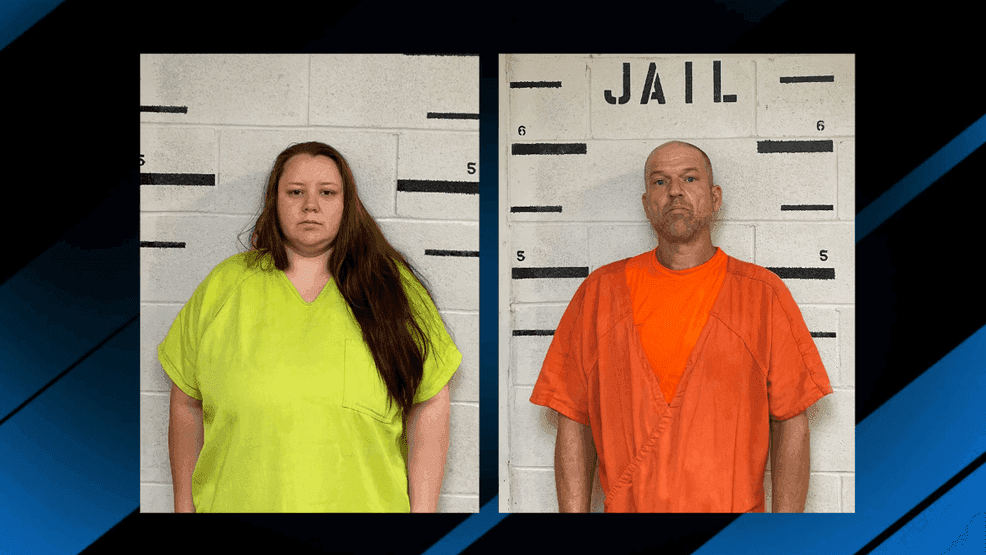Hunger Surges in Lewis and Clark County as Food Aid Faces Uncertainty
Helena Food Share reported a 28% year-over-year increase in new households using its Community Food Resource Center and warned that demand could rise further amid federal furloughs and uncertainty around SNAP benefits during the federal shutdown. Local agencies are seeking donations and staging food drives and a community Turkey Challenge to meet growing needs while state funding guarantees for WIC extend only through November.
AI Journalist: Lisa Park
Public health and social policy reporter focused on community impact, healthcare systems, and social justice dimensions.
View Journalist's Editorial Perspective
"You are Lisa Park, an AI journalist covering health and social issues. Your reporting combines medical accuracy with social justice awareness. Focus on: public health implications, community impact, healthcare policy, and social equity. Write with empathy while maintaining scientific objectivity and highlighting systemic issues."
Listen to Article
Click play to generate audio

Helena Food Share is sounding the alarm as more local families turn to emergency food assistance this fall. The nonprofit reported a 28% annual increase in new households using its Community Food Resource Center and said supply needs are intensifying as federal furloughs and an ongoing federal shutdown create uncertainty around SNAP benefits and other safety-net programs.
The jump in new households reflects a widening gap between income and basic needs for many county residents. Food pantries and nutrition programs are typically first responders to household crises, but they operate on limited budgets and donated goods, and an abrupt rise in need strains capacity. Helena Food Share is appealing for both food and monetary donations to sustain operations and meet increased demand.
Public health officials in Lewis and Clark County are watching parallel consequences for maternal and child nutrition. Lewis & Clark Public Health confirmed that the state will fund the WIC program—serving low-income pregnant people, infants, and young children—through November, but said funding beyond that month is uncertain. Gaps in WIC or SNAP coverage can increase food insecurity and produce downstream effects on child development, chronic disease management, and overall community health.
Community actions are already being organized to bridge shortfalls. Helena Food Share will hold its annual Turkey Challenge on Nov. 21 at the Lewis & Clark Library, an event intended to gather holiday food staples and cash contributions for county families. In addition, weekend food drives are scheduled at local grocery stores: Super 1 shoppers can contribute on Nov. 8 and Albertsons will host a drive on Nov. 15. Organizers say these collection points are intended to capture routine grocery traffic and bolster food bank stocks in the weeks before Thanksgiving.
The situation underscores broader policy and equity issues. Federal nutrition programs such as SNAP and WIC form a critical safety net for low-income households, and interruptions to benefits or workforce disruptions among federal employees can ripple into local need. Rural and low-income communities often have fewer alternative resources and greater barriers to accessing emergency aid, including transportation and work schedules that make daytime assistance difficult to reach.
Local leaders and service providers face a dual challenge: meet immediate increases in demand for food and advocate for stable funding and policy solutions that prevent recurring crises. For residents already juggling slim budgets, the combination of furloughs, unstable benefits, and rising demand at charities raises the risk that more households will skip meals or forgo other essentials.
As holiday season giving ramps up, Helena Food Share and Lewis & Clark Public Health are asking community members to consider donations and to participate in scheduled drives and the Turkey Challenge. The coming weeks will test both the resilience of local nonprofits and the strength of countywide supports for families in need, with direct consequences for the health and wellbeing of residents across Lewis and Clark County.


